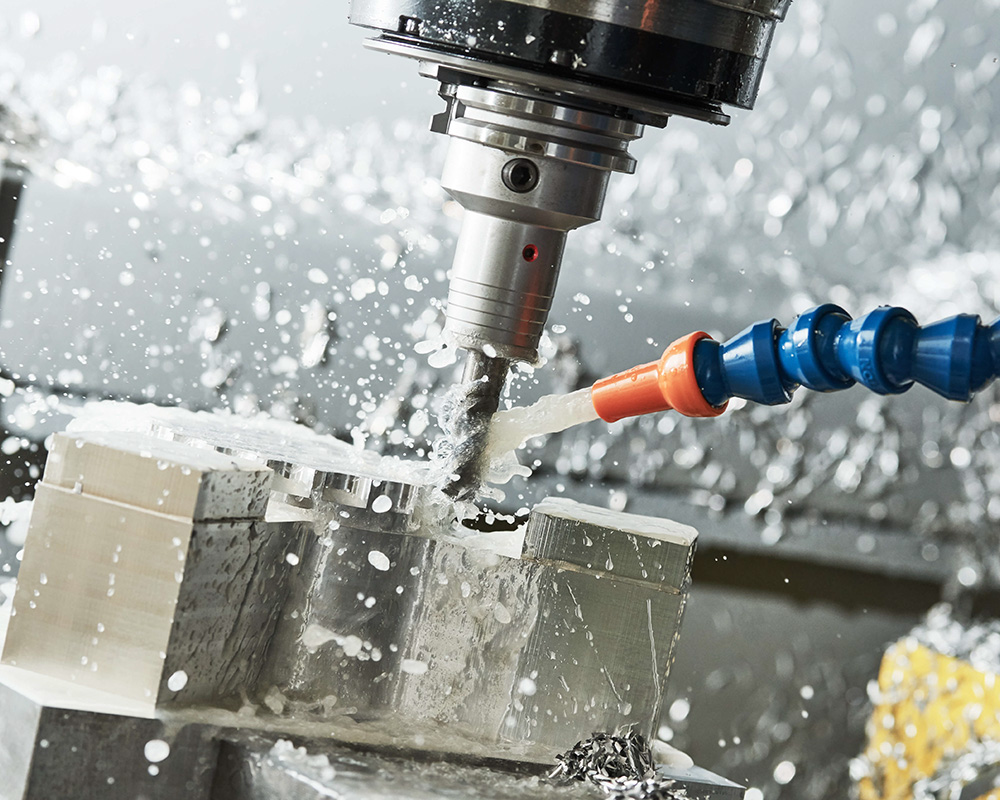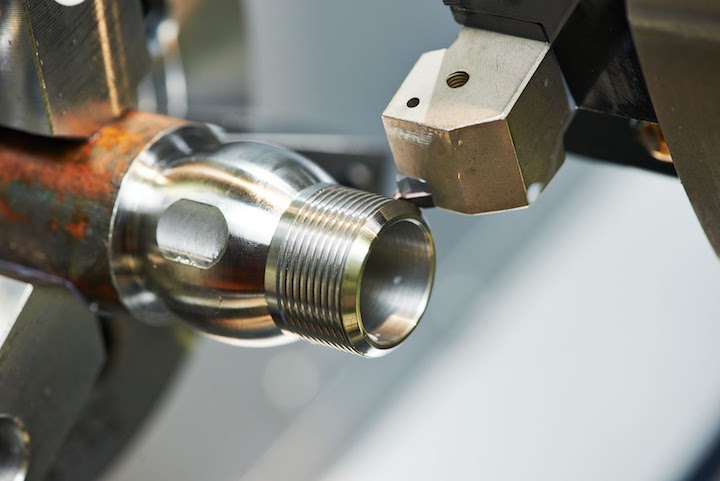CNC Machining: Transforming Modern Manufacturing with Precision and Automation
CNC Machining: Transforming Modern Manufacturing with Precision and Automation
Blog Article
CNC machining, short for Computer Numerical Control machining, revolutionized manufacturing by bringing precision productivity, efficiency, and automation to the manufacturing process. This technology uses computer-controlled machines to shape, cut and manufacture complex components and pieces of components using materials such as metal, plastic, wood, as well as composites. Automating several of the procedures that used to require manual intervention, CNC machining has significantly made improvements in the accuracy and speed of production, which makes it indispensable in industries like automotive, aerospace as well as medical, electronics, and. Computers' integration with machines has provided new possibilities in the production of highly precise and complex components that improve both the efficiency and quality of production.
In the core of CNC Machining is the capacity to convert digital models into actual parts. Utilizing computer-aided design (CAD) software developers and engineers can design detailed 3D models of the intended part. These digital designs are then converted into precise commands, known as "G-code," which the CNC machine is able to follow in order to carry out actions like cutting, drilling, or milling. The digital control system allows for the highest level of precision that manual machine machining can't be able to achieve. It also means that once a design is integrated into the machine it is able to be reproduced in perfect synchronization, resulting in identical parts in large quantities without the need for manual adjustments. The ability to repeat is vital in all industries where precision as well as consistency are essential.
Additionally, to its superiority, CNC machining is also recognized for its efficacy and efficiency. Traditional machining methods often require skilled operators to manually adjust and control the machinery and can take a long time and expensive. CNC machining can eliminate much of the manual labour involved in the production process since machines operate in complete autonomy for extended time after having been set up. This permits manufacturers to expand their capacity for production without having to add additional labor or other resources. In addition CNC machines can be capable of performing multiple operations within a single set-up, reducing the need to move parts or reposition the part that saves time as well as reduces the chance of making mistakes. The automation results in quicker production times and less expensive per part, making CNC manufacturing an appealing choice for those who want to simplify their production processes.
CNC Machining's flexibility is yet another reason it has become an integral part of the modern production. It can work using a range of materials, from heavy metals such as stainless steel, to soft plastics and wood. This means that CNC machining is suited for producing parts for various industries, which include aerospace, automotive electronic and medical consumer goods. In addition, CNC machines can perform a range of operations, including cutting, milling, engraving, drilling, or even 3D contouring inside a single set-up. This multifunctionality reduces the need for multiple equipment and transfers, which further improves effectiveness. Whether manufacturing a prototype or assembling large quantities of components, CNC machining offers the versatility to satisfy a range of needs in production. To obtain supplementary details please check my blog
Despite its many advantages, CNC processing isn't without the challenges. The biggest obstacle that many businesses face, particularly small - and medium-sized companies are the initial capital investment required. CNC machines are more expensive than conventional machining equipment, and there is also the cost of specialized software maintenance and education to take into consideration. The long-term advantages, such as reduced labor costs along with faster production times and improved part quality--often justify the initial cost. Additionally, the rise of CNC companies that offer machining services allows companies without the capital to buy their own machines to take advantage of the latest technology. These service providers can produce special parts as needed, offering a cost-effective solution for firms that require high-quality cutting without incurring upfront expenses.
To sum up, CNC machineries have become an integral part of modern manufacturing due to its precision, efficiency, and versatility. It has revolutionized the method by which components are made, which allows to create complex designs with a high degree of accuracy. It also reduces cost and time to produce. In spite of the initial cost and the potential benefits in the future, CNC machineries make it a important tool for companies in different fields. As technology continues to evolve, CNC machining is likely to play an even more important role in shaping the future of manufacturing, promoting innovation, and helping companies adapt to the requirements in a global marketplace.